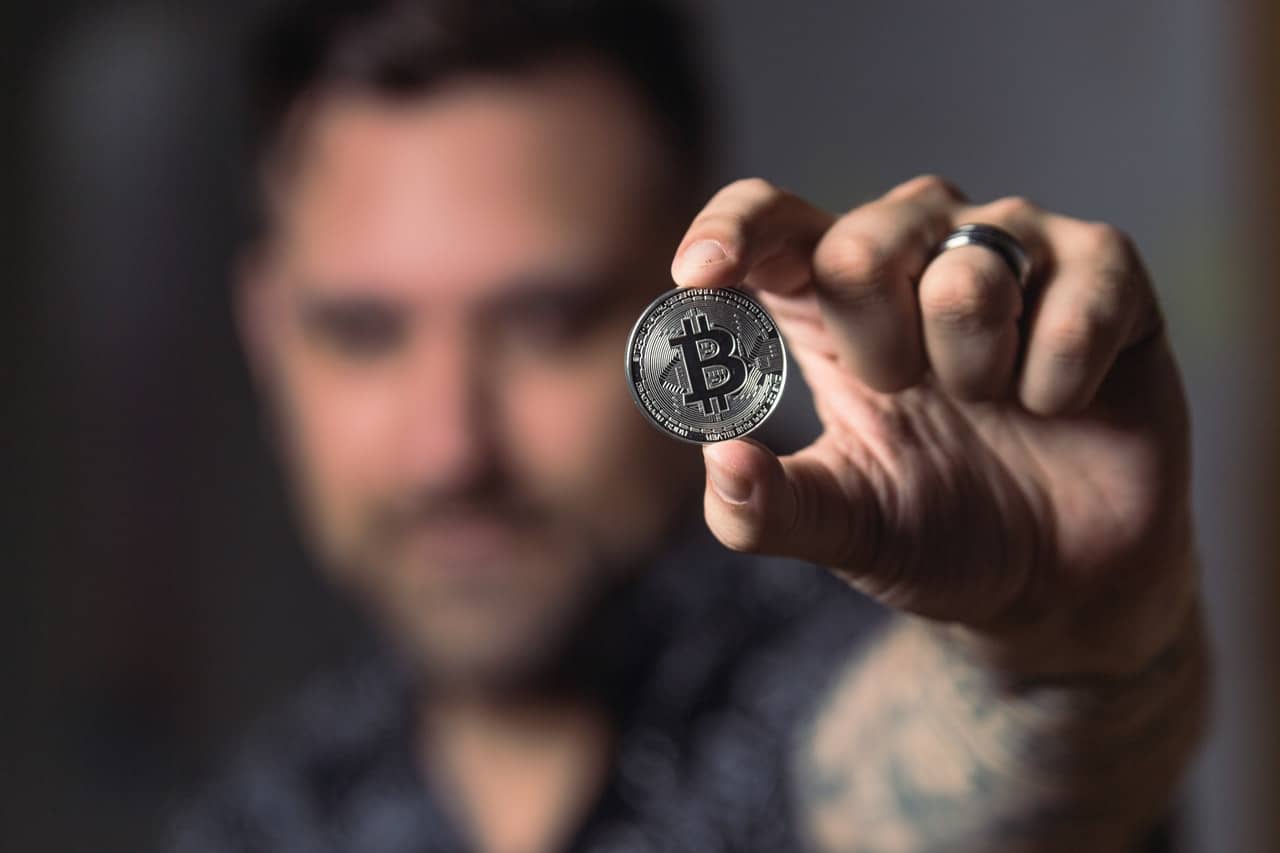Bitcoin is slowly gaining recognition in the United States. Despite not being legal tender, Bitcoin is being used by businesses and individuals for a variety of purposes. While cryptocurrency is not yet widely accepted, its use is growing in the country. There are many online platforms for bitcoin trading such as Bitcode Ai that are providing profits to their users.
One of the key reasons for Bitcoin’s popularity is its potential to help users avoid high fees charged by traditional financial institutions. For example, international money transfers using Bitcoin can be completed at a fraction of the cost of using a bank.
Another advantage of Bitcoin is that it offers a degree of anonymity. While transactions are recorded on a public ledger, known as the blockchain, user identities are not revealed. This can be appealing to users who value their privacy.
IMAGE: PEXELS
Despite its benefits, Bitcoin is not without risks. The price of Bitcoin is highly volatile and has been known to fluctuate sharply. This can make it a risky investment. Additionally, the lack of regulation around cryptocurrency means that there is little protection for users if things go wrong.
Overall, Bitcoin is slowly gaining traction in the United States. While it is not yet widely accepted, its use is growing. The key benefits of Bitcoin include its low fees and anonymity. However, the volatile price and lack of regulation are important risks to consider before investing in or using cryptocurrency.
Bitcoin’s Reputation In South Carolina
When it comes to Bitcoin’s reputation, South Carolina is a mixed bag. On the one hand, the state has been home to some major Bitcoin businesses and startups. BitPay, for example, is based in Atlanta (although it has an office in Charlotte, North Carolina). The firm processes bitcoin payments for online merchants and has attracted big names like Microsoft, NewEgg, and Dell.
On the other hand, South Carolina is also home to one of the largest Bitcoin-related scams in history. In 2014, Trendon T. Shavers was indicted for running a Ponzi scheme that collected over $4 million worth of bitcoins from investors. Shaver’s promised investors outrageous returns but instead used new investor funds to pay old investors.
Despite the scam, Bitcoin businesses continue to thrive in South Carolina. In February of 2016, the state’s first Bitcoin ATM was installed in Charleston. The machine allows users to buy and sell bitcoins for cash. There are currently four Bitcoin ATMs in the state, with two more planned for installation in the near future.
As Bitcoin becomes more popular, it’s likely that South Carolina will continue to be a hotbed for both innovation and scams. However, the state’s thriving Bitcoin community suggests that, on balance, Bitcoin is seen in a positive light.
Bitcoin’s Reputation In South Dakota
This isn’t surprising, given that Bitcoin was originally created as a way to circumvent traditional financial systems. It’s no secret that big banks don’t like Bitcoin, and they’ve been working hard to discredit it. In South Dakota, this has led to a lot of misinformation and fear-mongering.
Fortunately, things are starting to change. In recent months, there’s been a growing interest in Bitcoin among South Dakota’s business community. And, earlier this year, the state government held a public hearing on the topic of virtual currencies.
So far, the reaction has been positive. Officials seem to be open-minded about Bitcoin and its potential benefits. This is good news for the future of Bitcoin in South Dakota – and for the rest of the world too.
South Dakota has seen a lot of progress in Bitcoin recently. The state’s first Bitcoin ATM was installed in Sioux Falls in March 2014, and the state’s second Bitcoin ATM was installed in Rapid City in December 2014. South Dakota also has a growing number of businesses that accept Bitcoin, including a pizzeria, a tavern, and a number of online retailers.
The state’s progress in Bitcoin is due in part to its favourable regulations. South Dakota is one of only a few states that have no money transmitter laws, which means that there are no restrictions on the use of Bitcoin or other digital currencies. This makes it easier for businesses to accept Bitcoin, and it also makes it easier for individuals to buy and sell Bitcoin.
South Dakota’s progress in Bitcoin is also due to the efforts of local enthusiasts. There are a number of meetups and events that have been organized in the state, and there is a growing community of people interested in Bitcoin. This community is helping to spread the word about Bitcoin and promote its use in South Dakota.
IMAGE: PEXELS
If you are interested in even more business-related articles and information from us here at Bit Rebels, then we have a lot to choose from.


COMMENTS